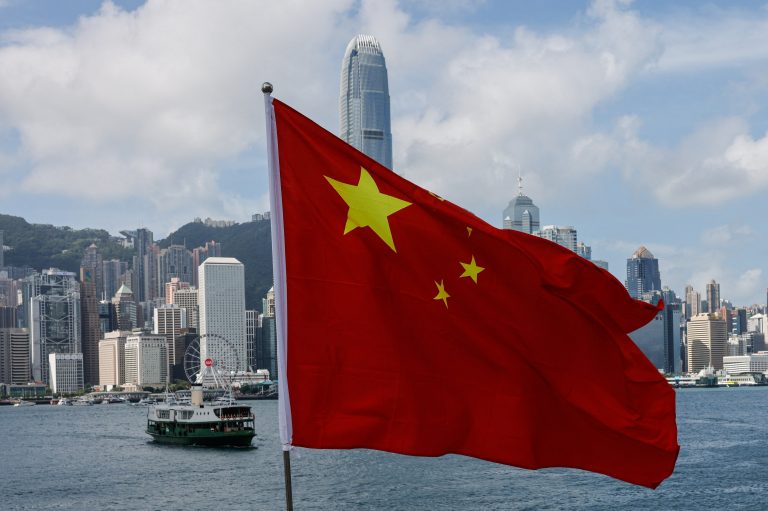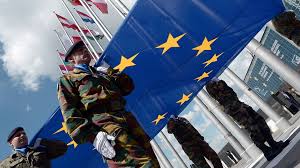
What to Expect as Donald Trump Takes Office for a Historic Second Term
A Milestone in American Political History
On 20 January 2025, Donald J. Trump will be inaugurated as the 47th President of the United States, marking a momentous return to the White House. His re-election makes him only the second leader in U.S. history to serve non-consecutive terms, following Grover Cleveland in the late 19th century. This event reflects the enduring power of his “America First” platform and its resonance among millions of voters, even as the nation remains deeply divided.
The eyes of the world now turn to Washington, D.C., where the implications of Trump’s policies and leadership style will undoubtedly shape the trajectory of global politics and American governance over the next four years.
A Revival of the “America First” Doctrine
Trump’s second term is expected to rekindle the tenets of his original “America First” agenda, focusing on immigration, economic nationalism, and energy independence. In his inaugural address, Trump is anticipated to outline a bold roadmap that includes immediate legislative action, bolstered by a Republican-controlled Congress.
At the forefront of Trump’s priorities is a renewed push for stringent immigration policies. His administration is expected to:
● Reinstate the “Remain in Mexico” policy for asylum seekers.
● Resume construction of the U.S.-Mexico border wall.
● Propose ending birthright citizenship, a contentious move likely to spark intense legal debates.
Supporters argue these measures will enhance national security and reduce illegal immigration. Critics, however, warn of the humanitarian and constitutional implications.
Trump has pledged to revitalise domestic manufacturing through protectionist policies, including reintroducing tariffs, particularly targeting Chinese imports. He also aims to:
● Roll back Biden-era regulations affecting energy and technology sectors.
● Enact further tax cuts for middle-income families and businesses.
While his supporters hail these measures as vital to restoring economic sovereignty, economists caution that trade wars and deregulation could have destabilising effects on global markets.
Energy policy is poised to become a cornerstone of Trump’s presidency. His administration plans to expand drilling for oil and gas while scaling back environmental regulations. Proponents see this as essential for economic growth and energy security, but environmental advocates argue it undermines global climate initiatives.
Reshaping the Federal Government
One of Trump’s most controversial proposals involves restructuring the federal workforce. By reintroducing the “Schedule F” executive order, Trump aims to replace thousands of career civil servants with political appointees loyal to his vision.
Critics fear this move could erode the non-partisan nature of public institutions. However, Trump’s allies view it as a necessary step to overcome the perceived bureaucratic inertia that hindered his first term.
Trump is also expected to issue pardons for individuals involved in the 6 January Capitol attack, a decision likely to provoke widespread backlash.
Transforming Global Relations
Trump’s return to the White House signals a potential upheaval in international diplomacy. His administration is likely to:
● Prioritise bilateral trade agreements over multilateral pacts.
● Demand increased defence spending from NATO allies.
● Intensify confrontations with China through tariffs and sanctions.
Additionally, Trump may rekindle his unique approach to relationships with adversarial leaders like Russia’s Vladimir Putin and North Korea’s Kim Jong-un. While some praise this strategy as pragmatic diplomacy, others caution it could embolden authoritarian regimes.
Domestic Divisions and Challenges
Trump’s leadership comes at a time when America is grappling with significant challenges:
● Economic Instability: Rising inflation and the lingering effects of pandemic-era policies remain critical concerns. Trump’s promise to cut taxes and lower energy costs faces scrutiny from analysts.
● Polarisation: Protests and political unrest are likely to accompany his tenure, reflecting the deep ideological divides within the country.
Trump’s administration must also address rising domestic extremism. Striking a balance between robust law enforcement and safeguarding civil liberties will be critical in maintaining national security and public trust.
Implications for the Global Order
Trump’s emphasis on sovereignty may reduce U.S. participation in global institutions like the United Nations and World Trade Organisation. This shift could alter power dynamics worldwide, with nations such as China and Russia vying to fill the void.
European allies may face strained relations as Trump revisits criticisms of NATO, while nations in the Indo-Pacific region brace for a tougher stance against Beijing.
A Defining Presidency
As Donald Trump takes office, the United States stands at a crossroads. His leadership promises transformation, but the path ahead will test the resilience of America’s democratic institutions, alliances, and values.
While supporters herald his return as a triumph for the “forgotten” citizens, critics view it as a threat to progress and unity. In this polarised era, Trump’s presidency is certain to shape the narrative of modern America—for better or worse.
The world waits, holding its breath, as history unfolds. Will this second act be a step towards renewal or division? Only time will tell.
Dr Brian O. Reuben is the Executive Chairman of The Sixteenth Council.



